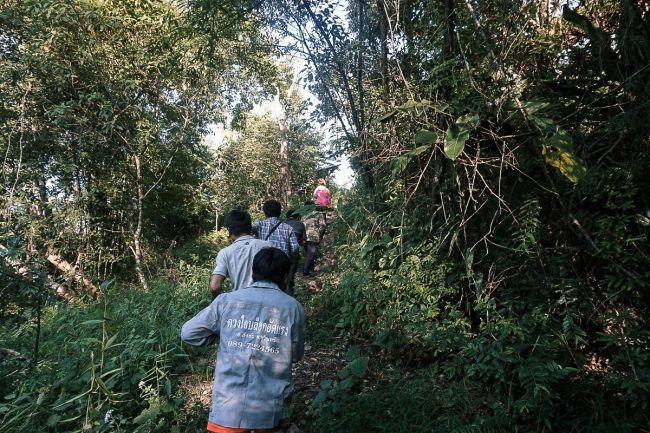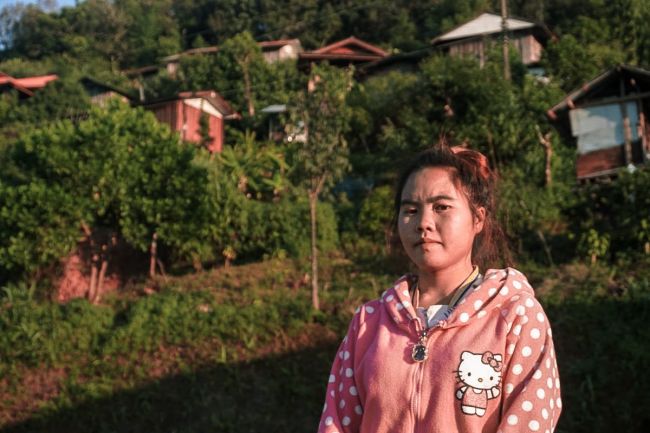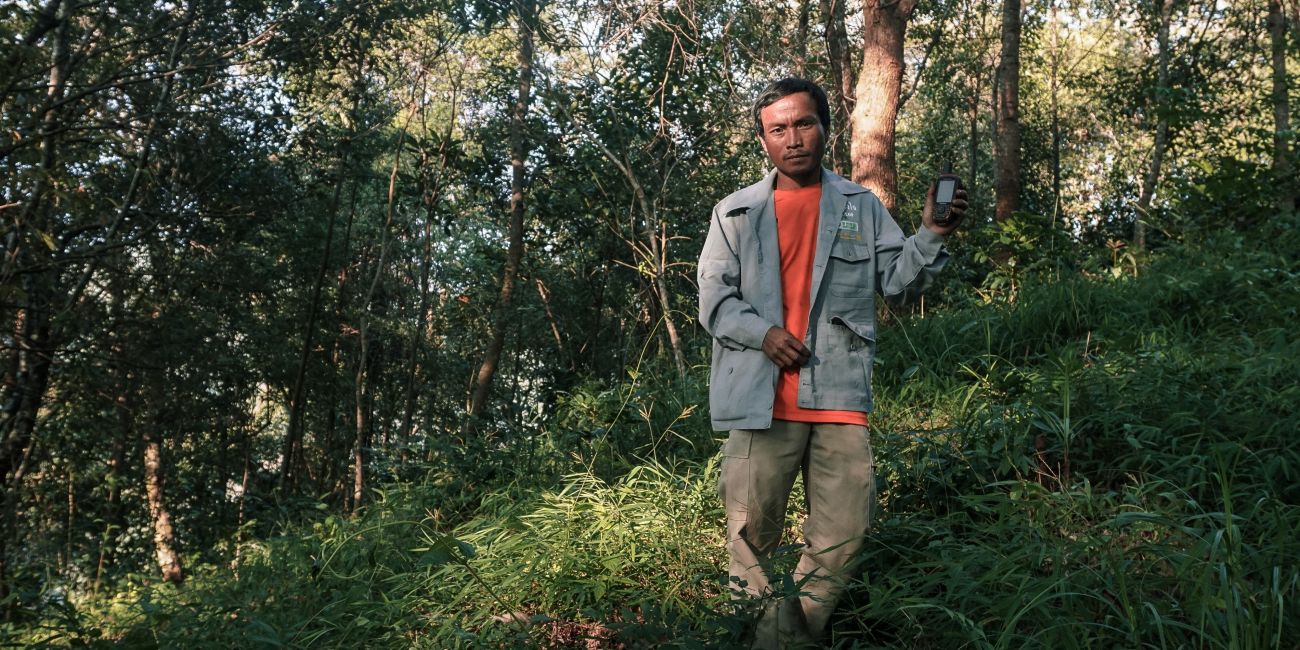
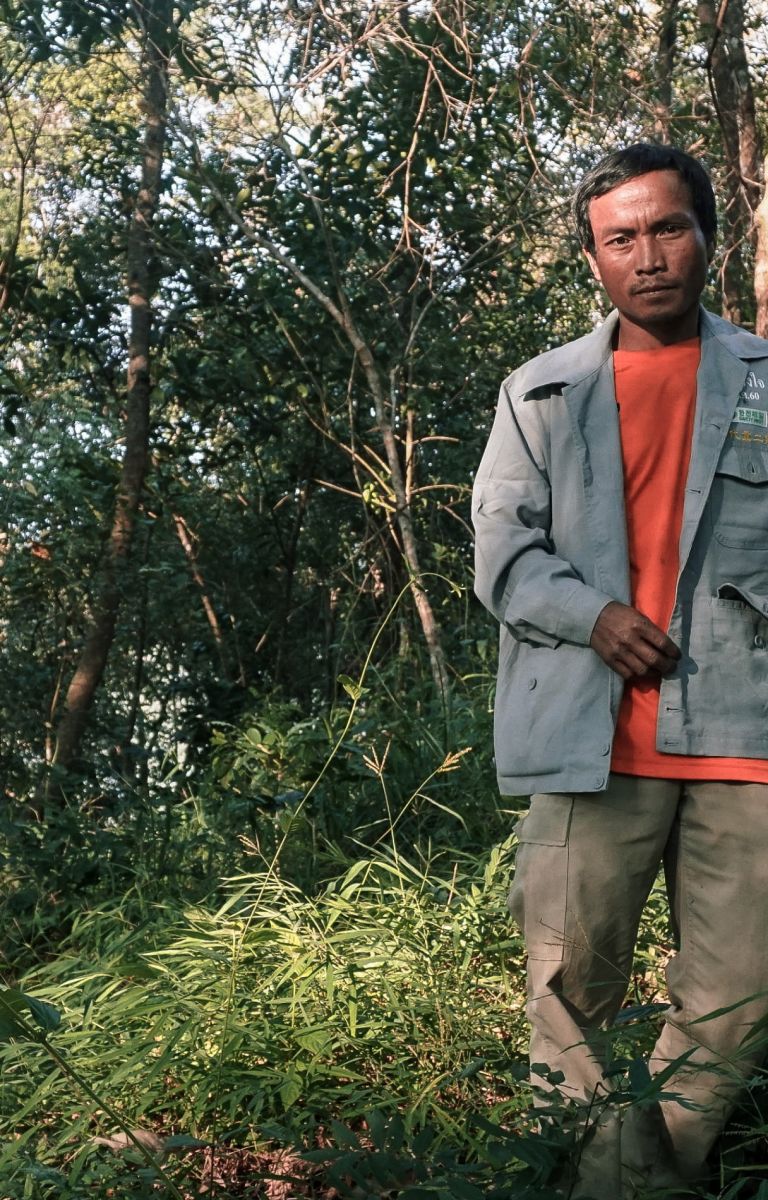
In April 2020, the Thai government asked the public to comment on subordinate laws supporting the National Parks Act and the Wildlife Protection Act. The invitation was part of the government’s consultation process to determine how it would grant land tenure to local communities.
But with the region gripped by COVID-19-related restrictions, the comments had to be submitted online. Rural and remote communities, with poor internet connections, were left struggling to participate.
That same month, RECOFTC conducted a survey to understand how the pandemic was affecting forest communities in Thailand. It found that most faced rising living costs and reduced incomes, as markets shuttered and lockdowns kept people at home and away from their land.
“Every village has been locked down,” one smallscale farmer told the researchers. “Everyone is worried because this directly affects our livelihoods.”
Poor connectivity increases marginalization
Just as important, the survey revealed that forest communities were left marginalized because poor internet connectivity made it difficult to get vital news and information.
“The survey findings helped us understand how we can support local people and our network members.” – RECOFTC Thailand Director Warangkana Rattanarat.
Face-to-face community meetings, networking and business transactions came to a halt, forcing people to try to participate online. But two-thirds of the people surveyed reported having unstable mobile connection. Others lacked knowledge about online meeting tools. As the pandemic presented new hardships for already-poor forest communities, RECOFTC forged ahead by building up their capacity to address them.
“The survey findings helped us understand how we can support local people and our network members,” says RECOFTC Thailand Director Warangkana Rattanarat. “For example, we recognized a need for training on how to use online meeting tools. We also better understood the challenges forest communities face in accessing online information provided by the government.”
Community forestry vital for global goals
RECOFTC’s work to empower local communities to sustainably manage the forests on which they depend is more relevant than ever.
The world is on course to miss the 2030 deadline for the environment-related Sustainable Development Goals targets. Biodiversity loss and climate change continue to deteriorate. And although areas of land worldwide are increasingly conserved, they are not necessarily effectively managed and equitably governed, the United Nations has warned. Improvements are needed to further stem ecosystem degradation and bolster progress on the United Nations Decade of Ecosystem Restoration.
Strengthening community forestry can be key towards achieving these goals. Improving the ability of Indigenous Peoples and other local communities to manage forests they rely on for food and livelihoods can protect landscapes, increase incomes and reduce poverty. Well-managed forests also preserve biodiversity and capture and store carbon, bolstering efforts to halt climate change.
Technology training crucial
The RECOFTC survey found that, along with poor connectivity, many forest communities struggle with a broader lack of general knowledge about technology.
In response, RECOFTC supported training courses, including one from February to June 2020 on reading, understanding and using data. Community leaders can now use data-visualization tools to help them improve the way they advocate for their rights and for better forest governance.
In the forested mountains of Thailand's Nan Province, RECOFTC is working with 39 communities that lack government-recognized title to some or all of the land where they forage for food and gather firewood. Villagers say they have been managing the local forests and using them to meet their daily needs for more than 100 years. The government’s decision to change the way it decides tenure in and around national parks required action from the communities.
Click any image to enter media gallery
As part of RECOFTC Voices for Mekong Forests project, communities have been trained to use geographic information system technology to map their land. The villagers hope that by submitting maps and community boundaries, they will be granted a permit to remain on the land.
Villagers save wetlands with social media
In the country’s northern region, another forest community proved that the internet can be a powerful tool in the fight against proposed changes to its landscape.
Villagers of the Boon Rueang Wetland Forest Conservation Group have long managed wetlands that provide them with firewood and fish and protect them from flooding during annual rains.
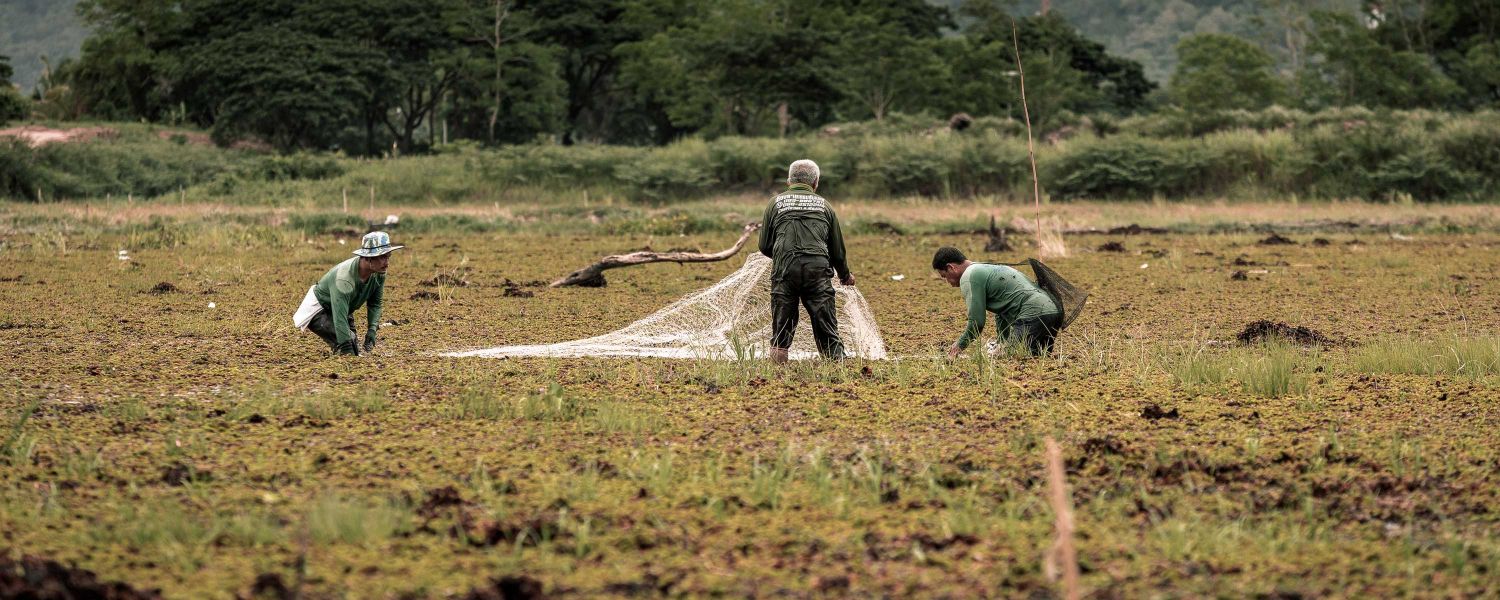
A four-year European Union-funded project has empowered the villagers to work with local networks and authorities to protect the wetlands. With RECOFTC’s support, the group convinced the government to abandon its plan to infill the wetlands and turn the area into a special economic zone.
The group used advocacy and social media campaigns to showcase their community forestry model. The group also submitted academic research to show how vital wetlands are to the local ecosystem and for mitigating disasters.
Authorities eventually withdrew the proposal, saving the wetlands that are crucial for the villagers’ food security and that also pull carbon from the atmosphere.
In 2020, the group won the United Nations Equator Prize for community efforts to reduce poverty through the conservation and sustainable use of biodiversity.


